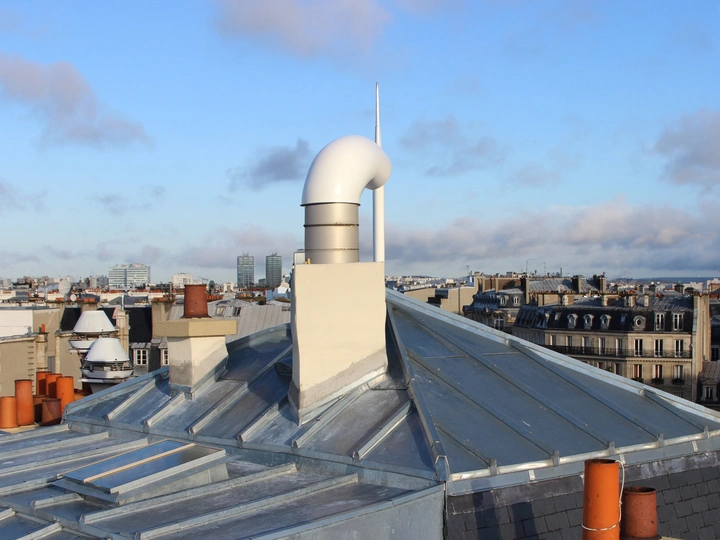Form Follows Fiction

Joseph Melka
Joseph Melka (FR, 1996) is an architect with a diverse international background, having collaborated with prestigious architecture studios in Tokyo and New York before establishing his practice in Paris. His work spans various scales, from large-scale projects to detailed research, with a focus on innovative design solutions. Joseph also holds a teaching position alongside his practice. He studied at the University of Hong Kong (China) and earned his degree in architecture from the National Superior School of Architecture Paris-Malaquais (France).
Balthazar Auguste-Dormeuil (FR, 1997) is an architect based in Paris. He regularly collaborates with different practitioners, institutions and municipalities to develop architectural design projects, research or publications. Balthazar has held teaching positions in different architecture programs and is regularly invited internationally as a guest critic. He studied architecture at the Kyoto Seika University (Japan) and the National Superior School of Architecture Paris-Malaquais (France), where he graduated with Highest Honors.
In 2021, the French Department of Defense enlisted science-fiction writers to develop prospective scenarios of threat and conflicts, with the aim of preparing for the future of defense - therefore acknowledging the field’s necessity to reassess the existing framework for problem solving.
Modernism has considered architecture as frozen in an unchanging present, made possible by the overexploitation of fossil fuels. From increasing temperatures to rising sea levels, the new climatic regime has proven this conception to be obsolete. However, contemporary dialogue around sustainability has remained focused on risk management - or repairing within the current framework.
By understanding the future as more than a mere extension of the present, architects are now confronted with “zones of non-knowledge”, where traditional reference points must be questioned by the uncertainty, vulnerability and increasing complexity of the world. Speculation therefore emerges as an alternative research methodology, allowing to explore possibilities, generate new ideas, and challenge conventional design methods.
Within this context, ‘Form Follows Fiction’ seeks to experiment with the potency of architectural image-making and its techniques as a catalyst for collective engagement - pondering the projected and possible traces our built environment will leave in a decade, a century or a millenia. Initiated in 2023, the project functions as a laboratory driven by intensive workshops and interdisciplinary collaborations, developing a non-linear framework that articulates the careful and critical analysis of the existing and the potential of speculative dialogue.